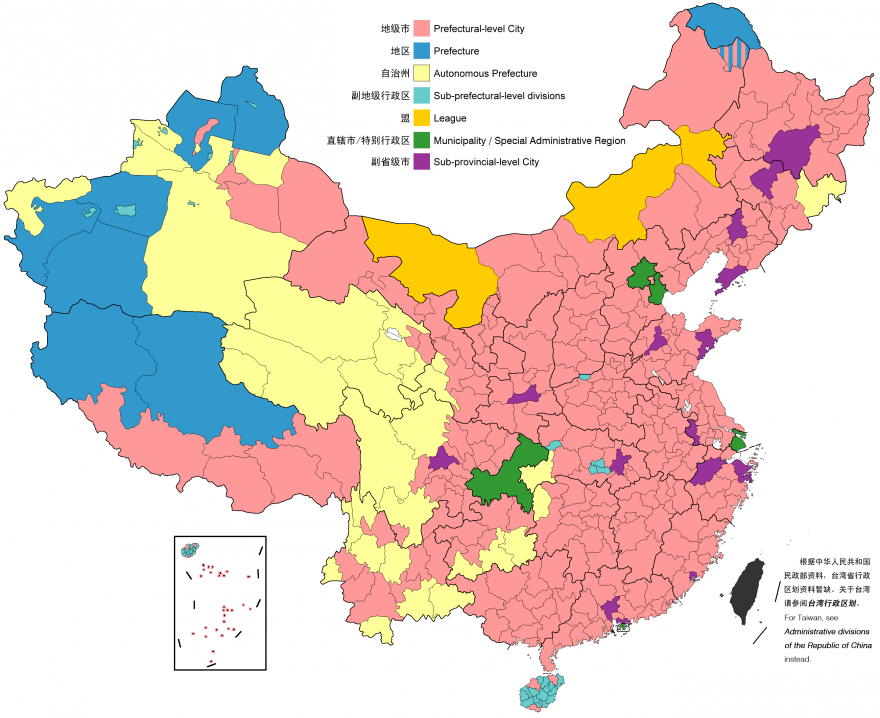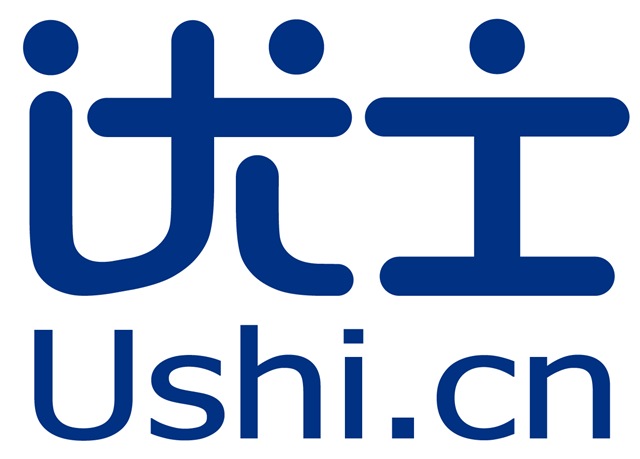How can foreign SMEs be competitive in China?
Most western economies enjoy an abundant offer of qualified talent that proportionally lacks in China. Nevertheless, China’s macroeconomic situation is starting to increase the demand of qualified talent, and more importantly, it is starting to value it more, rewarding it in ways that we do not often see in other economies, or at least not back in Europe.
All of this creates a reality of scarcity due to the fact that an increasing amount of knowledge is being accumulated in just a few hands and results in a division between talent knowledge and labor knowledge. When competing in the knowledge market, being capable of assembling a talented team is the key difference that will give you the competitive advantage.
Big companies and well-funded start-ups are very aware of this fact, they put a lot of effort and invest a lot of money on the recruitment of talented personal.

So what about small and medium-sized enterprises then? What can they do in order to be competitive as employers in the Chinese market? And what can they do when big foreign companies tend to concentrate on tier 1 cities candidates that have good English communication skills?
The questions mentioned above have very difficult answers. Truth be told, most foreign SMEs in China have no chance of succeeding, or being competitive, as an employers in such a shark tank, that is, tier 1 cities. Looking at it from a market perspective, tier 1 cities are a horrible place to build and sustain a capable and long lasting team.
Probably, trying to move out of a tier 1 city is the first advice for foreign SMEs. Even if the idea of living in a truly Chinese city, without Starbucks or McDonalds hanging around, frightens you, it will make it a lot easier for you to grow your company. The only real issue here is that clients and movement is mainly happening around cities like Shanghai and Beijing and less in other cities, nevertheless there are plenty of other means through which you can get clients. At the end of the day there is no perfect place to grow your business without a few drawbacks, maybe once your company has grown enough you could consider moving to a tier 1 city.

It is worth mentioning, however, that finding clients is the first stage of every business, that initial stage where it is considered a top priority. With its years of experience, 2 Open has long surpassed that, right now, finding clients is for us only a secondary priority. We are now focusing in process excellence, in nurturing scalable ways of working that continuously add value to our clients, keeping a stable and financially balanced organization that will last for many… many years…
This is one of the main reasons why our company does not only have offices in Weihai and Cáceres, but is based in Shanghai and Madrid. We are constantly making changes in order to maintain competitive advantage, we have already been in the market for 3 years and we are preparing for the upcoming 30. We strive in order to offer reliable, sustainable and long term oriented solutions that add value to China as a whole, not only its tier 1 cities
Probably you do not think that moving to tier 3 in order to assembly a powerful team is something you would like to do yourself. Well, do not worry about it. If you want to know more about how we work and how we help, engage, support, and lead our clients to succeed, contact us. We DO Open. Do you?
This article was edited by Andres Arroyo Olson from 2 Open.
Business Social Networks in China. Which one should I use?
China is an interesting country filled with peculiarities in the day-to-day life. Business culture is one of the many peculiarities that China has to offer. It is a country where business contacts play a more important role than in other countries, or should I say, a different role. For Chinese, it is crucial to have some “good friends” and with “good friends” I am referring to well-connected friends.
Chinese have one expression that refers to these types of relationships: “guanxi” (关系). “Guanxi” refers to all the personal influential networks that somebody has in the business field. It is the way they define the relationships they have and the networks in which they are involved. Chinese have a different point of view when it comes to “networking”, for them, the best contacts they have are the ones that they should be kept for themselves, they do not think it is appropriate to share this types of friends. Why should you trust somebody that you do not know?
Whether we like it or not, a “guanxi” is a fundamental part of the Chinese culture, especially for those who want to enter the Chinese market. It may end up being a huge barrier for those who are new to China and plan on developing their business here, however, if you have the proper references, multiple and unexpected opportunities can arise.
 Now, with respect to Online Social Business Networking, there are many different ways in which one can get in touch with interested parties. LinkedIn is the most important one with around 6 million users in China, as a matter of fact; it is currently the largest business network worldwide. Despite the fact that it is not a Chinese social network, it is not blocked by the great Chinese firewall, nevertheless, there are other competitors that have to be considered if one intents to enter the Chinese market.
Now, with respect to Online Social Business Networking, there are many different ways in which one can get in touch with interested parties. LinkedIn is the most important one with around 6 million users in China, as a matter of fact; it is currently the largest business network worldwide. Despite the fact that it is not a Chinese social network, it is not blocked by the great Chinese firewall, nevertheless, there are other competitors that have to be considered if one intents to enter the Chinese market.
Apart from LinkedIn there are many other popular Chinese alternatives, here is a list of the most popular ones:
Dajie 大街
With more than 30 million users, it is the largest business social network in China. When it comes to the Chinese market it has more users that LinkedIn, it must be said that younger people use it more frequently. Most of people registered do not have much working experience. This is the main reason why is commonly used by companies to recruit younger people who just got their degrees.
Tianji 天际网
It is the second largest in China with 20 million of users. This one is more similar to LinkedIn, which can be considered as a more professional alternative than Dajie. This social network is used for companies to find skilled professionals, it also makes is easier to find research and further specify the profile they are looking for.
Renhe 人和网
It also has more users than LinkedIn in China, but in comparison with the other two, it is quite smaller (7million). This webpage is more oriented to professional managers or administrative works. As a result, the financial and investment sectors, as well as executives, more commonly use it.
Wealink 若邻网
In China, this one is smaller than LinkedIn, with just 5 million users. The main difference with respect to the rest is that you can get access to almost all the content without having to be registered. The most common use for this social network is recruitment. Most of the ads on this website are posted by job seekers and recruiters.
Ushi 优士

It is really small compared to the rest (1.2 million users). Although it does not have so many users, it is very well known from abroad and this one has an English version. Actually, the functionality is really similar to the one from Linkedin, and that is why it is very useful for the non-Chinese people.
All in all, it is important to remark the importance of networking in China. Many contracts and businesses are being agreed on depending on the contacts that people have (“guanxi”). So, if someone wants to succeed in the extremely competitive Chinese market it is necessary to get some “good friends” that might be able to help you and your business. Social business networking is a good place to start and can help you develop these relationships which will consequently further develop you business in China, however, if you want to jumpstart your business you should get in touch with 2Open. If you have any questions or require any information about our services, please do not hesitate in contacting us, our group of specialists will happily assist you.
This article was edited by Andres Arroyo Olson from 2Open.
http://www.crccasia.com/program-details/whats-included/business-networking/
http://www.slideshare.net/sampimarketing/chinas-professional-networking-sites-overview-incl-linkedin



